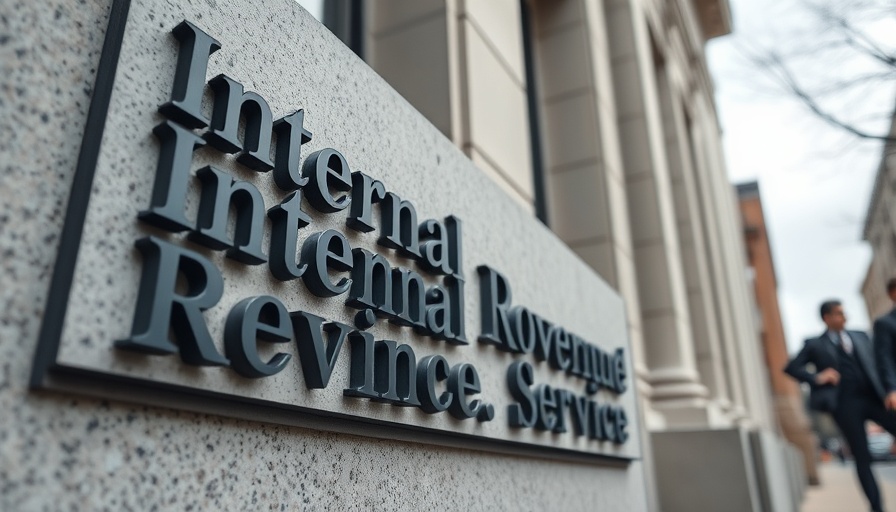
Churches and Politics: A New Frontier
In a landmark decision, the IRS has confirmed that churches and similar houses of worship are permitted to endorse political candidates without endangering their status as tax-exempt organizations. This development stems from a recent lawsuit involving two Texas churches and the National Religious Broadcasters (NRB), reflecting a shift in how religious organizations navigate their political roles in an increasingly polarized society.
Understanding the Johnson Amendment
The heart of the controversy lies in the Johnson Amendment, established in 1954, which prohibits all nonprofits from engaging in political endorsement. This law, named after then-Senator Lyndon Johnson, aimed to prevent tax-exempt organizations from becoming vehicles for political campaigning.
However, the NRB's challenge argued that this regulation infringes upon First Amendment rights, claiming that it suppresses religious voices in political discourse. The churches asserted that they ought to have the same rights as other citizens to endorse candidates without fear of losing their tax-exempt status. The IRS’s recent clarification opens a door that many religious groups may now choose to walk through during the upcoming elections.
The Impact on Political Endorsements
With this ruling, houses of worship can legally express support for candidates and promote specific agendas, which may fundamentally change the landscape of political campaigning, especially leading up to the 2024 presidential election. This could empower pastors and church leaders to galvanize their congregations around political issues that resonate with their religious beliefs.
Potential Consequences of the Ruling
While the ruling may be seen as a victory for religious freedom, it has the potential to polarize communities further. Critics fear that this could lead to greater division within and beyond congregations, where political beliefs become intertwined with religious ones. In a nation where congregations often reflect diverse political views, unrestricted endorsements could complicate relationships in communities.
Broader Implications for Nonprofits
This decision does not only affect religious institutions; it raises questions about the role of all nonprofits in politics. If churches can endorse candidates openly, does this signal a broader acceptance for nonprofits to participate in political activities? Advocacy groups, charities, and other organizations may feel emboldened to express their political leanings, potentially transforming how voters perceive nonprofit influence in political matters.
A Call for Responsible Engagement
Going forward, it will be crucial for religious leaders and their congregations to navigate this new landscape thoughtfully. With the ability to endorse politicians comes the responsibility to ensure that these endorsements remain consistent with their mission and the values of their communities. Engaging politically can enhance a church's role in society, but it is essential to prioritize unity and respect among members of diverse backgrounds.
Conclusion: What This Means for Voters
The IRS's stance is likely to shift the dynamics of political engagement within churches, making it more than merely a spiritual haven but also a platform for political discourse. As this unfolds, congregations and communities will need to remain vigilant about how political endorsements affect local relationships. The conversation surrounding faith and politics is now more relevant than ever, highlighting the need for informed, respectful engagement.
 Add Row
Add Row  Add
Add 



Write A Comment